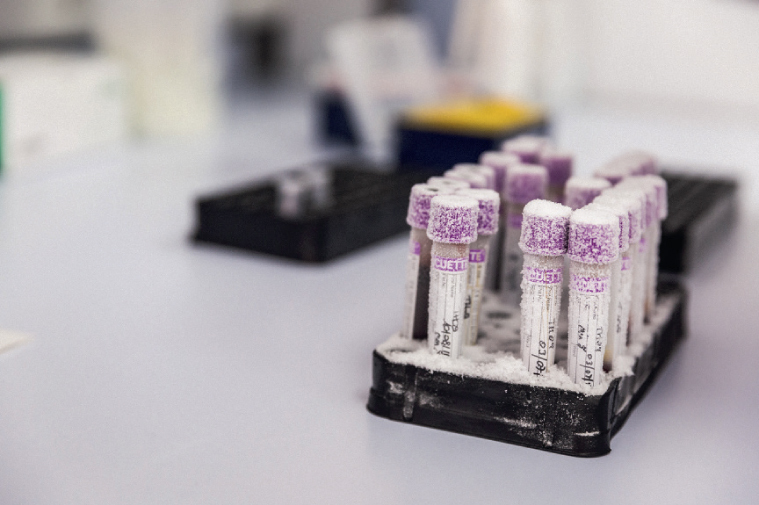Cycling Anti-Doping Federation expresses "concern" over blood data leaks
Organisation director warns of dangers of misinterpretation following any "superficial" analysis of blood passport information


The world of athletics has been rocked in recent weeks by the publication of leaked blood test data that is said to reveal widespread doping in the sport — and it has raised concerns in cycling too.
The Sunday Times, along with Germany’s ARD/WDR broadcaster, published data drawn from 5,000 IAAF (International Association of Athletics Federations) athletes, which they said revealed a vast amount of cheating in the sport. They allege that many of these suspect results were never properly investigated.
The newspaper had experts examine the files, which were drawn from tests ranging from 2001 to 2012, and said that over 800, or one in seven, athletes named had blood tests that were suggestive of doping. Ten medals at the London 2012 Olympics were won by athletes with "suspect" test results, it said.
Parallels were immediately drawn with Armstrong-era cycling, when the UCI failed to follow up on evidence that top riders were using performance-enhancing substances.
Cycling Anti-Doping Foundation (CADF) Director Francesca Rossi told Cycling Weekly, "In general, leaks are a concern in anti-doping, not only for the Athlete Biological Passport programme, but for any activity, from strategy to direct Anti-doping Rule Violation."
Cycling uses the same Anti-Doping Administrative Management System (ADAMS) as athletics. WADA said this week that the leak did not originate from the system, which it refers to as "a clearing-house where all data can be stored".
"We've never lost sight of the need to prevent leaks, as they can't be totally avoided," Rossi continued. "We use a protected and specific web platform to share files and information."
The latest race content, interviews, features, reviews and expert buying guides, direct to your inbox!
Rossi outlined a system of ever-changing passwords, records passed only by USB sticks instead of e-mails, and cyclists IDs that expire with time.
>>> Encyclopedia of doping in cycling
The governing body, the UCI, does not have access to the system, and the records are restricted to a select few at the foundation, Rossi said.
WADA has criticised the recent publication of the leaked data, but has announced an "urgent" investigation.
Those in the cycling anti-doping body are sceptical about the ability of outsiders to interpret the "complex" data surrounding blood testing.
"The [biological passport] software is a very complex statistical tool able to make a preliminary and rough interpretation of each passport. This complex procedure should indicate that any superficial approach made by not-qualified people can lead to a misinterpretation of a passport," Rossi said.
"One abnormal value does not amount to [rule violation]. It is the variations between the values which can be an indirect proof of doping. A single value can only be used to perform target testing or target analysis on the blood sample."
Gregor Brown is an experienced cycling journalist, based in Florence, Italy. He has covered races all over the world for over a decade - following the Giro, Tour de France, and every major race since 2006. His love of cycling began with freestyle and BMX, before the 1998 Tour de France led him to a deep appreciation of the road racing season.
